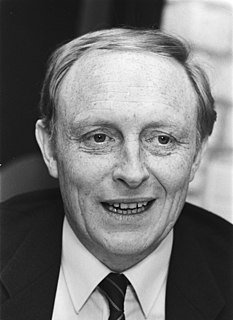A Quote by Julian Jaynes
Poetry begins as the divine speech of the bicameral mind. Then, as the bicameral mind breaks down, there remain prophets.
Related Quotes
The American psychologist Julian Jaynes, in a controversial study on the origin of consciousness, argued that the bicameral mind - in which one of the hemispheres becomes specialized in silent reading - is a late development in humankind's evolution, and that the process by which this function develops is still changing.
The cause of misery, death, and all personal and collective problems is rooted in the mind, the false, copy mind. The real, divine mind is transcendental, the witness, without thinking. Divine mind is without thoughts, all knowing, and eternally blissful. Trying to solve problems by thinking about them never produces a permanent solution because this false mind creates all problems; whereas, divine mind and our inner guidance bring forth solutions for our greatest good and the greatest good for all.
This is what meditation means: how to be not identified with the mind - how to create a space between yourself and your own mind. It is difficult because we never make any separation. We go on thinking in terms that the mind means me: mind and me are totally identified. If they are totally identified, then you will never be at peace; then you will never be able to enter the divine, because the divine can be entered only when the social has been left behind.





























